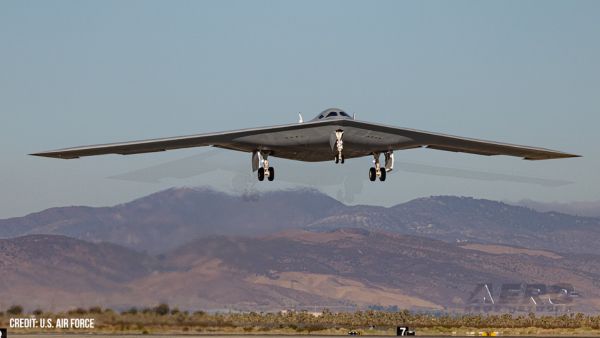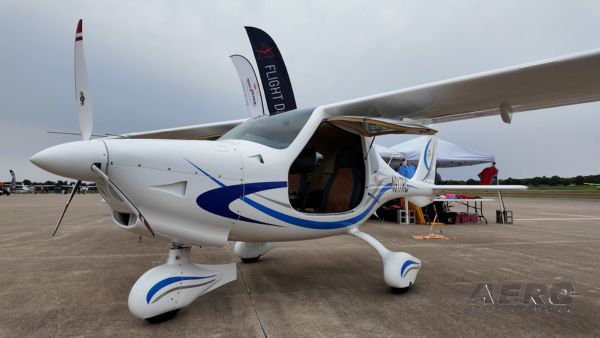Says Proposal To FAA Poses ‘Extreme Safety Risk’
Rainmaker Technology requested FAA approval to deploy cloud-seeding flares on small drones, but the Air Line Pilots Association, Int’l objects to their proposal, telling the FAA that Rainmaker’s plan “fails to demonstrate an equivalent level of safety” and “poses an extreme safety risk.”

The decision by the FAA will be an indication of how it will rule on future weather modification by UASs, putting Rainmaker’s investment on the line.
Augustus Doricko, CEO of Rainmaker, said that the union’s objections are based only on the public notice and do not consider all the company’s safety data and risk mitigations submitted to the FAA.
Rainmaker seeks an exemption from the rule that prohibits small drones from carrying hazardous materials. In response to the company’s initial request, the FAA sent a follow-up request for more information pertaining to specifics on operations and safety.
The company proposes using two types of flares, one that is ejected from the drone and the other burns in place to disperse silver iodide particles that stimulate precipitation. The flares would be carried by Rainmaker’s Elijah drone, which has a max altitude of 15,000 feet MSL.
In documents submitted to the FAA, Rainmaker says it will operate in uncontrolled Class G airspace unless otherwise authorized. The company also said flights will be limited to 15,000 feet and will only be conducted in airspace predetermined by aviation safety authorities – presumably FAA or one or more ATC facilities – thus “voiding any reasonable concern about high altitude flight or airspace coordination.”
Sam Kim, the regulatory manager for Rainmaker, said the company respects the pilots union and hopes to “continue to strengthen out relationship with the organization” but said their opposition “shows a lack of understanding of why Rainmaker has filed for this exemption. Our use of flares in unmanned systems is solely for research purposes in a controlled flying environment and is not a part of our larger ongoing operations.”
Doricko said, “Regarding their objection to the use of flares, independent bodies like this administration’s EPA and multiple state departments of natural resources have studied the dispersion and environmental safety of materials used in cloud seeding for over 70 years and never found any adverse effect from cloud seeding.”

Continuing, Doricko said, “Rainmaker is interested in doing the best, responsible atmospheric research and is thus comparing flares to our proprietary aerosol dispersion system that will replace flares and exclusively emit silver iodide. ALPA’s objection to this exemplifies their limited understanding of our CONOP, all of which contains extensive risk mitigations in the non-public docs that the FAA is reviewing now.”
“Regarding ALPA’s concerns about coordination with aviation authorities and airspace, our flight operations consist of broadcasting signals, intentional coordination with local ATC, certified pilots, and a collision avoidance system that involves electronic and physical observers,” he concluded.
 NTSB Prelim: Lancair NLA-275-FR-C
NTSB Prelim: Lancair NLA-275-FR-C ANN's Daily Aero-Linx (09.12.25)
ANN's Daily Aero-Linx (09.12.25) Aero-News: Quote of the Day (09.12.25)
Aero-News: Quote of the Day (09.12.25) ANN's Daily Aero-Term (09.12.25): North Atlantic High Level Airspace (NAT HLA)
ANN's Daily Aero-Term (09.12.25): North Atlantic High Level Airspace (NAT HLA) Aero-News: Quote of the Day (09.13.25)
Aero-News: Quote of the Day (09.13.25)




